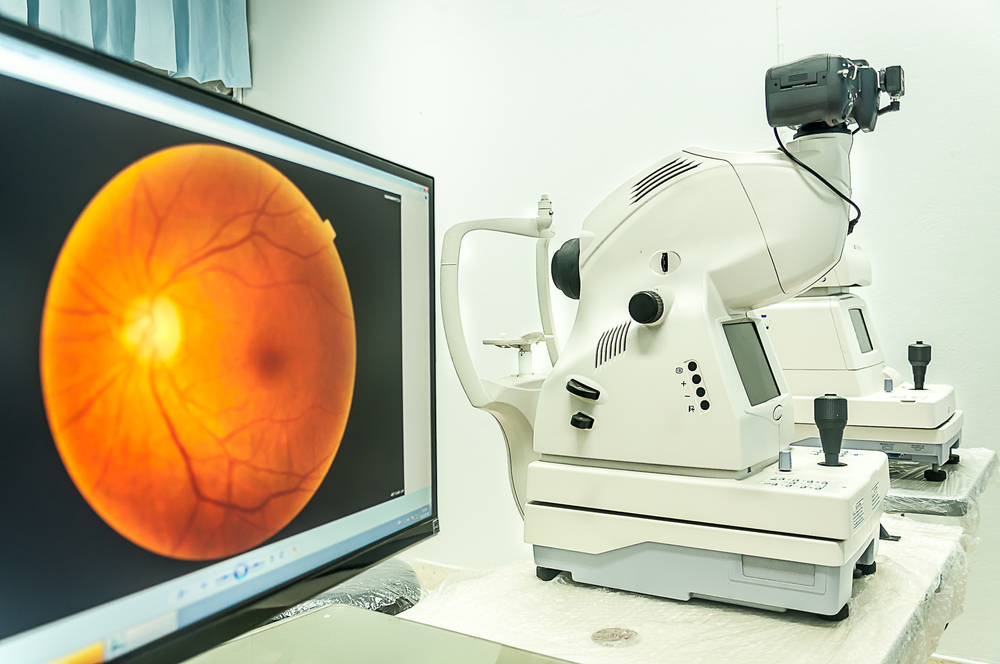
Cataracts are a common eye condition that affects millions of people worldwide. They occur when the lens of the eye becomes clouded, causing vision impairment. Cataracts typically develop slowly over time and can significantly impact a person's quality of life.
Understanding How Cataracts Develop
Cataracts develop when the proteins in the lens of the eye begin to clump together, forming a cloudy area. This cloudiness prevents light from passing through the lens properly, resulting in blurred or distorted vision. The exact cause of cataracts is still unknown, but certain factors can increase the risk of developing them. These include aging, smoking, excessive alcohol consumption, prolonged exposure to sunlight, and certain medical conditions like diabetes and high blood pressure.
The development of cataracts is a gradual process that often starts with small changes in vision. At first, you may notice increased sensitivity to glare or difficulty seeing in low-light conditions. As the cataract progresses, your vision may become increasingly blurry, making it challenging to read or perform everyday tasks. Colors may appear dull or faded, and you may experience double vision in one eye. If left untreated, cataracts can lead to severe vision loss.
Progression of Cataracts and How They Affect Vision
As cataracts progress, they can have a significant impact on your vision. It is essential to understand the three main types of cataracts and how they can affect your sight.
- Nuclear Cataracts: These are the most common type of cataract and form in the center of the lens. As they develop, they cause nearsightedness and difficulty seeing distant objects clearly.
- Cortical Cataracts: These cataracts start at the edges of the lens and gradually extend towards the center. They create a spoke-like pattern and can cause blurry or hazy vision.
- Subcapsular Cataracts: Subcapsular cataracts develop at the back of the lens, near the lens capsule. They tend to progress rapidly and can cause glare and halos around lights, especially at night.
The progression of cataracts varies from person to person. Some individuals may experience a slow deterioration of vision over several years, while others may notice a more rapid decline.
The Importance of Regular Eye Exams
Regular eye exams are vital for maintaining good eye health and detecting conditions like cataracts at an early stage. During an eye exam, an optometrist will assess your vision and examine the health of your eyes. They may perform various tests, including visual acuity tests, tonometry to measure eye pressure, and a dilated eye exam to examine the structures at the back of your eye.
Early detection of cataracts allows for timely intervention and appropriate treatment.
Treatment Options for Cataracts
The treatment of cataracts depends on the severity of the condition and how much it affects your daily life. In the early stages, your eye care professional may suggest changes in your eyeglass prescription or the use of magnifying lenses to improve your vision. However, as cataracts progress and significantly impact your quality of life, surgery may be necessary.
Cataract surgery is a safe and effective procedure that involves removing the cloudy lens and replacing it with an artificial lens called an intraocular lens (IOL). The surgery is typically performed on an outpatient basis and has a high success rate in restoring clear vision. After the surgery, it is essential to follow your doctor's instructions for post-operative care and attend all scheduled follow-up appointments.
Schedule Your Next Eye Exam with Eyecare Center of Wethersfield Today
Understanding how cataracts develop and progress is crucial for early detection and prompt treatment. By prioritizing regular eye exams, adopting healthy lifestyle habits, and seeking professional help when needed, you can preserve your vision and enjoy a clear and vibrant world.
If you suspect you may have cataracts or would like to learn more about cataract treatment options, schedule an appointment with our optometrist today. Visit Eyecare Center of Wethersfield at our office in Wethersfield, Connecticut. Call (860) 905-0086 to book an appointment.









